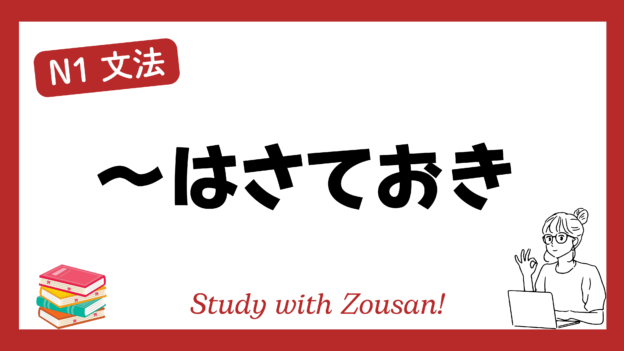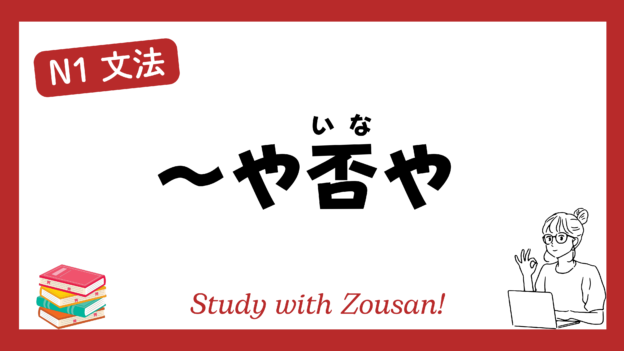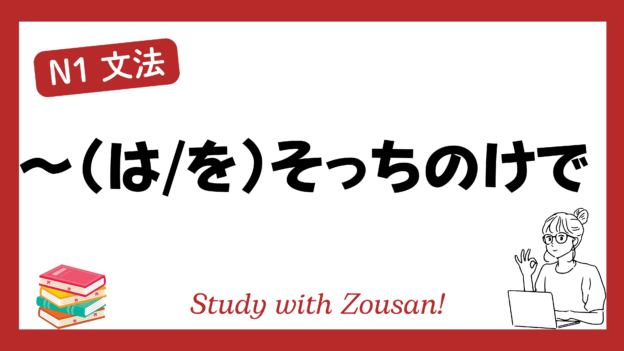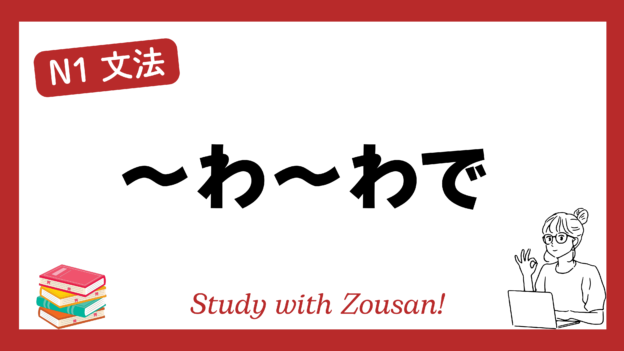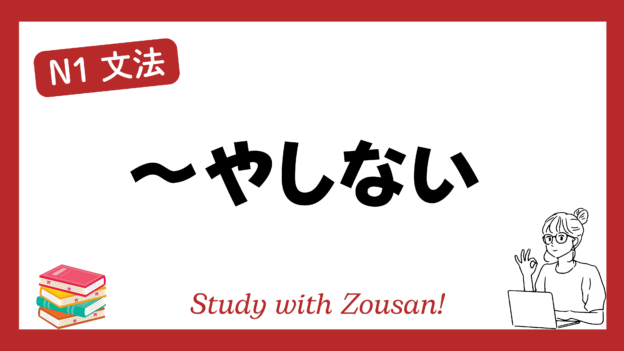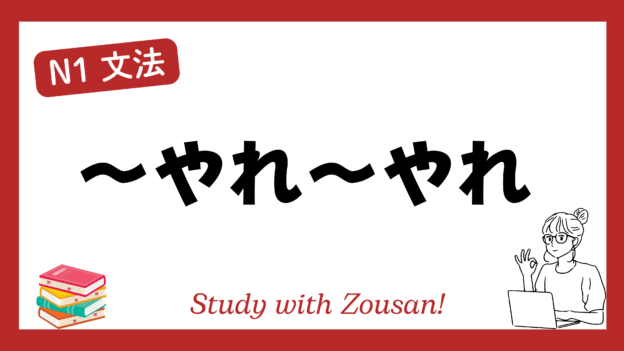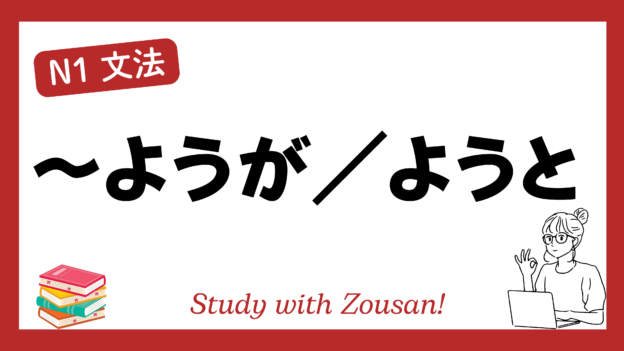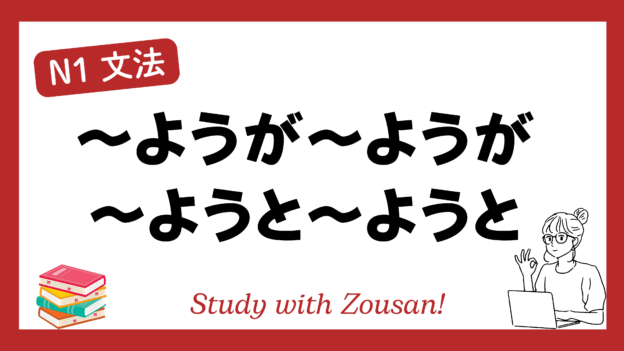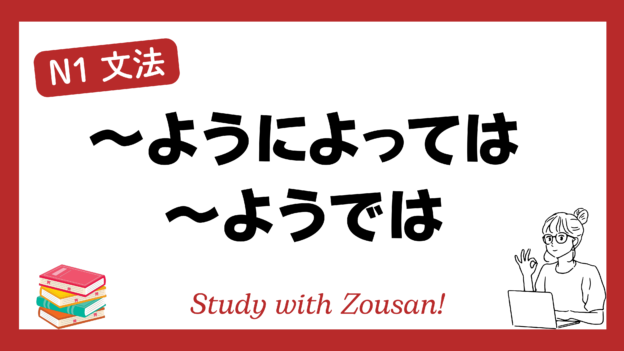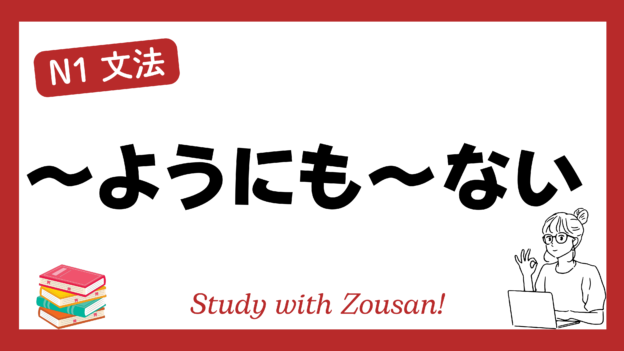Meaning: “Setting aside…”, “Leaving aside for now…”, “Putting aside…”
This structure is used to temporarily set aside a topic or issue in order to focus on something more important or pressing. It implies that the matter mentioned after “はさておき” is not the main focus at the moment and will be discussed later.
※Note: This structure is often used when the speaker wants to shift attention to a more urgent or relevant issue.
Structure:
| Noun + | はさておき |
Example:
-
-
-
🌟 結果はさておき、まずプロセスを考えましょう。
(けっか は さておき、まず ぷろせす を かんがえましょう。)
Setting aside the results, let’s first think about the process. -
🌟 値段はさておき、この製品は本当に便利です。
(ねだん は さておき、この せいひん は ほんとうに べんり です。)
Putting the price aside, this product is really convenient. -
🌟 外見はさておき、彼はとてもいい人だ。
(がいけん は さておき、かれ は とても いい ひと だ。)
Leaving his appearance aside, he’s a really good person. -
🌟 冗談はさておき、真剣に話しましょう。
(じょうだん は さておき、しんけん に はなしましょう。)
Jokes aside, let’s talk seriously. -
🌟 スケジュールはさておき、このプロジェクトの目的を確認しよう。
(すけじゅーる は さておき、この ぷろじぇくと の もくてき を かくにん しよう。)
Setting the schedule aside, let’s review the goal of this project. -
🌟 細かい問題はさておき、今は全体の計画を見直そう。
(こまかい もんだい は さておき、いま は ぜんたい の けいかく を みなおそう。)
Setting aside the minor issues, let’s review the overall plan now. -
🌟 見た目はさておき、味は本当においしいです。
(みため は さておき、あじ は ほんとうに おいしい です。)
Appearance aside, the taste is really delicious. -
🌟 結果はさておき、今回のプロセスは成功だと思う。
(けっか は さておき、こんかい の ぷろせす は せいこう だ と おもう。)
Regardless of the result, I think the process this time was a success. -
🌟 予算はさておき、このイベントはみんな楽しめるはずだ。
(よさん は さておき、この いべんと は みんな たのしめる はず だ。)
Putting the budget aside, this event should be enjoyable for everyone. -
🌟 将来のことはさておき、今は目の前の問題を解決しよう。
(しょうらい の こと は さておき、いま は め の まえ の もんだい を かいけつ しよう。)
Leaving the future aside for now, let’s solve the current problem.
-
-


